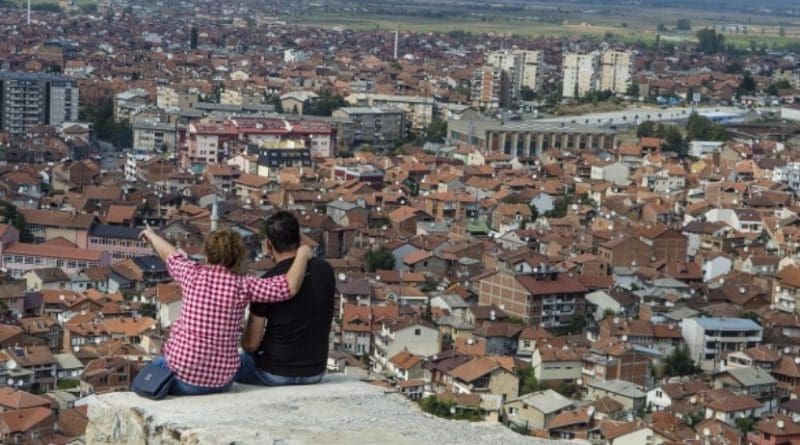Kosovo Engages Imams To Deradicalize Extremists
By Perparim Isufi
Kosovo’s Ministry of Justice and Islamic Community have signed an agreement on engaging imams to help radicalised Muslims who have been arrested or jailed for terrorism.
Kosovo Justice Minister Abelard Tahiri on Friday signed a deal with the body representing the country’s Muslim clerics, the BIK, on deradicalising prisoners charged or convicted of terrorism.
“We already have a proposal from the Islamic Community and we expect they will help in deradicalisation of those who have returned from the wars in Syria and Iraq,” Tahiri said.
Before accrediting clerics for the program, imams will have to undergo a vetting procedure led by the Kosovo Intelligence Agency, AKI.
“We cannot leave anything to accident,” the minister said.
“I believe that we have the capacities to control this process,” he added, noting that the agrement clarifies also what literature will be allowed inside prison cells.
“Now everything will be authorised,” he explained.
The head of of the BIK, Naim Ternava, said the official Islamic community wanted to contribute to the deradicalisation drive inside the country’s prisons.
“Radicalisation and extremism have nothing to do with Islam,” Ternava said.
Eyeing its eventual inclusion in the European Union, Kosovo has taken the threat of Islamist extemism seriously in recent years.
Five imams have been charged with terrorism since late 2014. One of them, Zeqirja Qazimi, from Gjilan, is serving a 10-year jail sentence while the four others have been acquitted.

